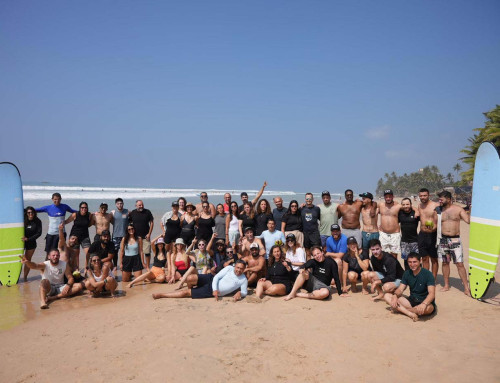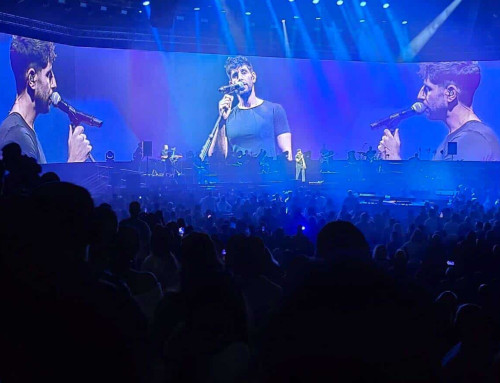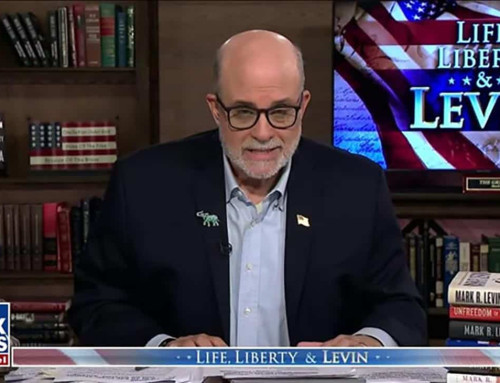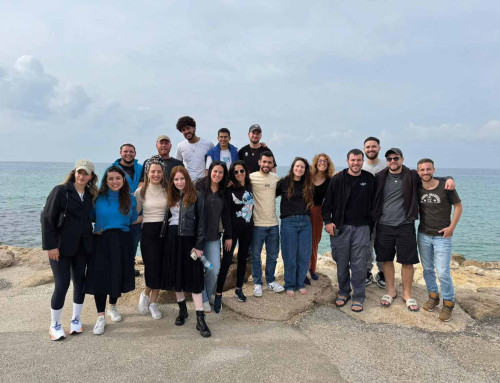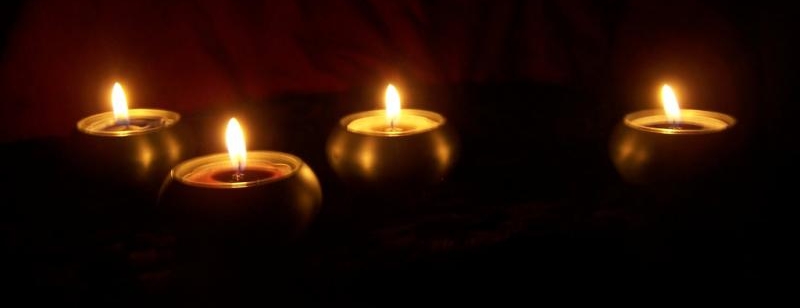
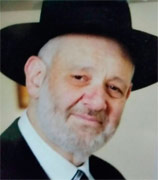
Rabbi Avraham Shmuel Goldberg
z”l, 68, was murdered in the Harnof Massacre.
Rabbi Goldberg, a British-born rabbi from Liverpool, was for many years a resident of Golders Green in London and worked in publishing before moving to Israel in 1993. “He was the most wonderful person you could meet, a pillar of the community,” said one of Avraham best friends, David Osborne. He added that Avraham prayed at Kehillat Bnei Torah most days for the last ten years or so. “All he wanted was to live a peaceful life. His family are the nicest people you could meet. They had lots of children and several grandchildren.”
Rabbi Avraham Shmuel Goldberg is survived by his wife, six children and grandchildren.
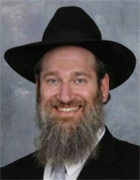
Rabbi Aryeh Kupinsky
z”l, 43, was murdered in the Harnof Massacre.
Rabbi Kupinsky was born and raised in the metropolitan Detroit area, where his family were members of what is today Young Israel of Oak Park, one of the biggest Orthodox Jewish congregations in Michigan. His parents taught at Wayne State University and were well known in the tight-knit community of Modern Orthodox Jews. Rabbi Kupinsky attended elementary school at Akiva Hebrew Day School in Southfield until he moved to Israel with his family around the age of 10.
Rabbi Kupinsky, who worked in computers, prayed regularly at the Kehillat Bnei Torah synagogue in Har Nof where he was killed. Aryeh was known to never refuse anyone seeking assistance in any form, always seeking ways to assist others.
Rabbi Aryeh Kupinsky is survived by his wife and five children, aged 5 to 16. His daughter Chaya Chana tragically died two years ago in her sleep at the age of 13.
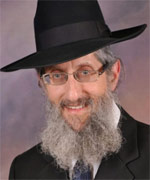
Rabbi Kalman Ze’ev Levine
z”l, 55, was murdered in the Harnof Massacre.
In 1977, he spent two years studying yeshiva at a yeshiva in Israel before returning to Los Angeles to attend a post-high school study program at Yeshiva University Los Angeles (YULA). Levine returned to Israel again in the early 1980s and this time he never left.
Kalman Levine devoted himself to study, at the Lev Avraham Kollel in Mea Shearim and the evening kollel at Kehillat Bnei Torah where he was killed. Part of his life’s work was putting Orthodox Judaism in a positive light. Levine’s neighbor said that he always lived righteously. “He was always the last one praying at the synagogue. He would get up at sunrise and go to bed at two in the morning. He hardly slept and always had a book in his hand.”
Shimon Kraft, Levine’s best friend from childhood spoke about their lives growing up. He described his friend as a very humble person who, while devoted to increasing his knowledge of Judaism and Torah, also had a sharp sense of humor and loved to joke around.
Rabbi Yerachmiel Levine, son of Rabbi Kalman Levine, eulogized his late father: “My father would study (Torah) all day long and would return home at night only to learn some more until he would fall asleep in his chair. Abba (Father), you were in the middle of saying the Shema (prayer) when your soul left your body and the terrorists came and murdered you.”
Rabbi Kalman Levine is survived by his wife, nine children and five grandchildren, as well as his parents, Bernard and Joan Levine who reside in Kansas City.
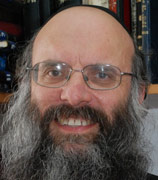
Rabbi Moshe Twersky
z”l, 59, was murdered in the Harnof Massacre.
Rabbi Twersky was a native of Boston who immigrated to Israel with his family in 1990. He lived next door to the Kehillat Bnei Torah synagogue where the terror attack took place and prayed there regularly. Moshe Twersky was the elder son of Rabbi Isadore Twersky of Boston, founder of Harvard’s Center for Jewish Studies, and a grandson of leading Modern Orthodox rabbi Joseph B. Soloveitchik. The Torat Moshe Yeshiva was one of the first established in Israel to cater to post-high school students from English-speaking countries. His wife is the daughter of the late Rabbi Abba Berman, and runs the Hadar Seminary for Women in Jerusalem.
“He was a big and righteous man during his life – not just after his death,” Rabbi Shmuel Aurbach, a leader of the Lithuanian ultra-Orthodox community, said in his eulogy at Twersky’s funeral. “He was so close to God during his holy life and was murdered in the middle of his prayers.” His son added, “On Shabbat nights he never slept but rather learned Torah. One time I woke up at 2 am and he was still studying.” He came “from a family of princes,” said Rabbi Marc Penner, dean of Yeshiva University in New York.
Rabbi Moshe Twersky is survived by his wife Miriam and five children – three sons and two daughters – aged 23-33, and ten grandchildren.
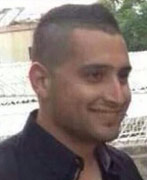
First Sgt Zidan Nahad Seif
30 years old, of Yanuh-Jat, was one of the first two policemen to arrive at the scene of the Harnof Massacre and was shot in the head during the ensuing gunfight. Zidan succumbed to his wounds later in the evening. He is survived by his wife and infant daughter, parents and five siblings.
“We are proud of our sons who act fearlessly on the front against terrorist attacks,” said Muefek Tarif, a spiritual leader of the Druze community.
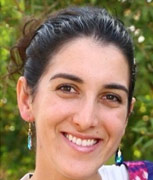
Dalia Lemkus
Nov 10, 2014 – Dalia Lemkus, 26, of Tekoa was stabbed to death at a bus stop near the entrance to Alon Shvut.
At about 4:30 pm, a Palestinian terrorist aimed his minivan at a bus stop near the entrance to Alon Shvut. When his car struck a cement post placed to prevent such attacks, the terrorist stepped out of the car, stabbing and killing Dalia Lemkus, 26, of Tekoa.
Dalia worked as an occupational therapist in kindergartens in Kiryat Gat and loved working with children. She also volunteered at the Tekoa branch of Yad Sarah (which loans of medical and rehabilitative equipment and other services for homebound and elderly).
Dalia loved to bake cakes with her mother. She liked to help brides look beautiful by doing their makeup for them before their weddings. She was just getting started in life after finishing college – a kind, giving young woman looking forward to marriage and creating her own family.
Dalia’s family made aliyah to Israel from South Africa over 30 years ago and had lived in Tekoa for 15 years. She was the eldest of six siblings. She had previously been lightly wounded in another stabbing attack at the Gush Etzion junction in February 2006, at the age of 17.
Dalia Lemkus was buried in Tekoa. She is survived by her parents, Nahum and Brenda, and five siblings.
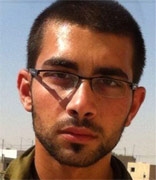
Sgt. Almog Shilony
Nov 10, 2014 – Sgt. Almog Shilony, 20, of Modi’in was stabbed to death by a Palestinian terrorist at Tel Aviv’s HaHagana train station.
Sgt. Almog Shiloni, returning from leave to his army base, was critically wounded after being stabbed multiple times in a terror attack at Tel Aviv’s Hahagana train station on Monday afternoon after a struggle with a Palestinian who attempted to grab his weapon. He was evacuated in critical condition to the Tel HaShomer Sheba Medical Center, where he later died of multiple wounds to his stomach and chest. Sergeant Shilony was posthumously promoted to the rank of Staff Sergeant.
Religiously observant, Shilony served in a company of Nahal Haredi, an army framework designed to allow religious Israelis to serve in the IDF in an atmosphere conducive to their religious convictions. On the eve of his recruitment to the army, he said, “I always wanted to be a fighter. I prepared for my recruitment by working out, running.” Shilony completed the first platoon commander course of the Netzah Yehuda program of the Nahal Haredi. Rabbi Dov Lifshitz described him as a true believer who was highly respected by the soldiers who served under him.
Sahar, Almog’s twin brother, related, “Almog was a strong kid, always smiling. We celebrated our 20th birthday a month ago in a Jerusalem pub. We were sitting with our girlfriends, we laughed. I told him I hoped everything he wanted would come true. He wanted to marry Noy, his girlfriend for the last two and a half years. There are no words for how I feel right now. I can’t comprehend it.”
St.-Sgt. Almog Shilony was buried in the Mount Herzl military cemetery in Jerusalem. He is survived by his parents, an older sister, twin brother Sahar, and two younger brothers.
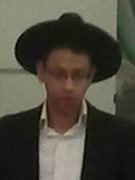
Shalom Aharon Badani
Nov 7, 2014 – Shalom Aharon Badani, 17, of Jerusalem, critically injured in the Jerusalem light rail terror attack on November 5, succumbed to his wounds on Friday, November 7.
A Palestinian terrorist used his car to deliberately drive into a crowd of Israelis at a light rail station on the corner of Bar Lev and Shimon Ha’Zadik streetsin Jerusalem around noon. Driving along the tracks, he hit several cars until crashing to a halt. The terrorist then exited the vehicle and began attacking passersby with a metal pole.
Aharon Badani, a yeshiva student from the ultra-Orthodox Ramat Shlomo neighborhood in Jerusalem, had been on his way to pray at the Western Wall when a Palestinian driver rammed his van into a crowd of people waiting at the light rail station. He succumbed to his wounds two days later.
Bidani was the grandson of Rabbi Shimon Badani, a member of the Shas Council of Torah Sages, the ultra-Orthodox party’s governing body. His father, Rabbi David Yeshaya Badani, thanked God for the 17 years they were given their beloved son, and asked for strength for the family to carry on after the great tragedy.
Shalom Aharon Badani was buried in the Givat Shaul cemetery in Jerusalem.
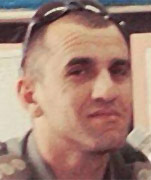
Chief Inspector Jidan Assad
Nov 5, 2014 – Chief Inspector Jidan Assad, a 38-year-old Border Patrol officer from Beit Jann, was killed and 14 people were wounded when a Palestinian terrorist used his car to deliberately drive into a crowd of Israelis near a light-rail train station in Jerusalem.
Chief Inspector Assad, who lived in the Druze village of Beit Jann in northern Israel, served with the Border Police in Jerusalem. He was struck and killed by the terrorist’s vehicle. He was a father to a two-year-old boy and his wife is five months pregnant with their second son.
Chief Inspector Assad served in the Border Police in Jerusalem since 2002, after completing his IDF service as a combat officer.
Assad’s father said, “All my sons serve in the security forces; the Border Police was in his blood and soul. He loved the service and he loved Jerusalem.” He called for agreements that would prevent more fatalities, “be they Jews, Arabs or Druze.”
Chief Inspector Jidan Assad was buried in the military cemetery in Beit Jann. He is survived by his wife, Dareen, and his two-year-old son, Amir, as well as his parents and four siblings.
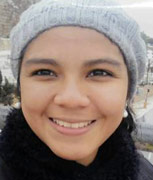
Karen Yemima Mosquera
Oct 26, 2014 – Karen Yemima Mosquera, 22, of Ecuador, critically injured in the terror attack on a Jerusalem light rail station on October 22, died of her wounds on Sunday, October 26.
Karen Yemima Mosquera had come to Israel a year and a half ago from her home in Guayaquil, Ecuador to complete her conversion to Judaism after discovering she was descended from Conversos, Spanish Jews forcibly converted to Catholicism after 1492. She spent the last two months in a Midrasha, an institute of Jewish studies for women, with other women from South America. Prior to moving to Israel, she had studied Family Psychology at the Catholic University of Guayaquil and was planning study archeology in Jerusalem.
While on her way to a Torah lesson, she embarked from the light rail at the Ammunition Hill station and was critically wounded when a Palestinian deliberately rammed his car into the pedestrians at the station. She succumbed to her wounds at the Hadassah Medical Center in Jerusalem’s Ein Kerem. Her mother and her sister had been flown in from Ecuador to be by her side. Her father Guido arrived to attend her funeral.
“She was a quiet girl who believed in her path, fought to become a Jew and nothing bothered her,” said a friend. Her mother said that her daughter’s dream had been to come to Israel and build her life here, but her life was cut short.
At the family’s request, in fulfillment of Karen’s wishes, Karen Yemima Mosquera was laid to rest on the Mt. of Olives in Jerusalem. She is survived by her parents Guido and Cecilia Barrera, and sister Priscilla.
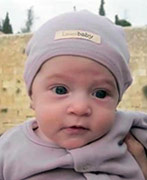
Chaya Zissel Braun
Oct 22, 2014 – Chaya Zissel Braun, aged three months, of Jerusalem, was killed when a Palestinian deliberately rammed his car into a crowd of Israelis near a light-rail train station in Jerusalem.
Chaya Zissel had just returned with her parents from her first visit to the Western Wall. On embarking from the light rail at the Ammunition Hill station, a Palestinian deliberately rammed his car into the pedestrians at the station. The baby flew at least ten meters from her stroller after being struck by the car. Medics were able to resuscitate her at the scene, but she died two hours later at the Hadassah Mount Scopus Hospital.
Chaya had been born after her parents had tried for years to have a baby to no avail, related said Shimshon Halperin, her grandfather. “Her parents waited for a child for many years during which they did not merit to have children. Today they were coming back from praying at the Kotel (Western Wall) and a terrorist came and ran over their baby,” he said. He told of her parents’ joy after she was born, and described how he enjoyed playing with his granddaughter during her tragically short life. He and his wife had just arrived in Israel from the US to meet their grandchild, but only had a few short hours with her. They killed “a pure girl with a holy soul, who never did anything bad to anyone in her life and was murdered for no reason.”
Chaya’s parents had immigrated to Israel from New York. Her father Shmuel eulogized his dauther: “Zissila, you were pure,” the young father said in a tear-choked voice. In the last hour, you were by the Kotel. You woke up. We schmoozed with each other. You looked at me and smiled. I told you, this is the Kotel, this is Har Habayit
Braun spoke with his infant daughter about the cherubs that had been on the Ark of the Covenant when the Temple existed thousands of years ago. He described how the angels’ faces were like that of a pure child. “They were like you,” he told his daughter. “You looked at me, with a twinkle in your eye, like you knew, like you understood me.”
Chaya Zissel Braun was buried in Jerusalem at midnight on Wednesday. Hundreds of people attended the funeral, including President Reuven Rivlin and Mayor of Jerusalem Nir Barkat. She is survived by her parents, Shmuel Elimelech and Channy, and grandparents – Shimshon and Sara Halperin, and Moshe and Esther Braun.

![[Podcast] Heartthrob Idan Amedi Concert Coverage](https://onefamilyfundus.org/wp-content/uploads/2025/03/heartthrob-Idan-500x383.jpg)
